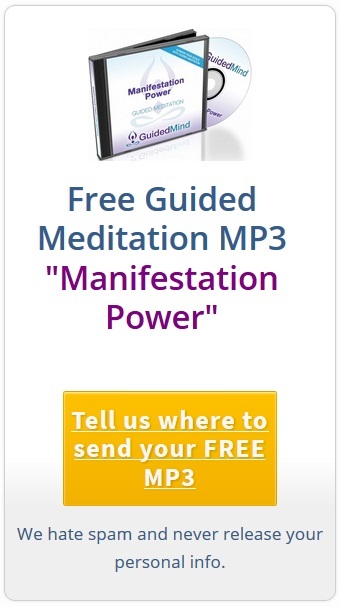"Variety is the spice of life."
We’ve embraced that mentality to the point that, without unlimited choices, life seems mundane. Exciting opportunities arise every day and the internet gives us unlimited access to goods from across the globe.
The pursuit of the biggest and the best requires constant decision-making. Too much and our willpower and our decision making ability get depleted fast.
'Decision fatigue" is a concern for productive people and they want to solve that problem...

Here are 5 Smart Ways to Handle the Strain.
1. Simplify your wants.
Dozens of ketchup options may look good on the shelf, but will your time and effort on choosing your brand of ketchup really pay off?
When marketing campaigns bombard us with advertisements on why we need this over that type of a product, we start to believe them and thus spend our decision making ability on something that is non-essential.
Simplify your desires. Remove unnecessary and absurd cravings from your life.
In all likelihood, they contribute little to quality of life, and they waste the mental resources we use to make smart decisions. Focus your energy on choices that will produce meaningful outcomes.
2. Prioritize your needs.
The brain is not capable of making infinitely good decisions. Be efficient when you make decisions.
That means giving attention to the most important choices you have to make first.
- You must analyse options and weigh up pros and cons.
- Then you formulate strategies for success and predict results.
Your brain works hard to perform these functions and will tire out, so make the effort worth it.
Important choices need time and careful analysis. You can be smart about them, though. Invest in making sensible decisions once so you don’t have to rethink them in the future.
3. Use a schedule.

The brain makes rational decisions in the morning. Mental faculties are fresh and at full capacity
. As the day progresses, those resources deplete.
That's why Steve Jobs wore the same type of clothes every day - he didn’t waste his morning energy deciding on his attire. This theory gained traction through a remarkable study that found the time of day and mental strain affected judicial rulings.
Your schedule should reserve prime decision-making time to issues of consequence. Use a weekly plan for other matters, such as meals, attire, and leisure activities.
4. Analyse your habits.
What is the first thing you think about when you wake up in the morning?
- Do you reach for your mobile phone to check your Facebook, Twitter, and Instagram accounts?
- Are you using valuable brainpower on decisions before you even pull back the covers?
Our habits require we spend our willpower on things that we are not even aware of.
Many of those choices concern trivial matters that don't do much to enhance your life. Once you’re aware of wasteful tendencies, stop them so you don’t deplete your decision-making capabilities.
5. Act sooner rather than later.

We tend to delay choices when they are difficult or when we're stressed and tired. Don't let procrastination become a habit.
Soon, a long list of choices demands immediate attention. Can you make the best decisions on all of them? Probably not. You need to spread mental resources too thinly.
Most of the time we know what choice we want and/or have to make, we just need time to justify it to ourself. Cut that unproductive time and make the choice immediately - you'll save yourself precious willpower.
A good system to develop is to:
- Be prompt and efficient with your choices.
- Make decisions while your mind is fresh and energized.
- Engage intelligent decision-making skills.
- Put off decisions that lack substance or true meaning for your life. Where possible, forget them altogether.
Decision fatigue strips us of zest for life when we’re too tired to think and motivation levels are low.
- Fill your time with quality activities.
- Spend more energy on meaningful choices and give less attention to the nonessential.
- Make better decisions and enjoy the fruits of your labor through gaining awareness of your habits and sensible use of your limited decision making 'power'.

